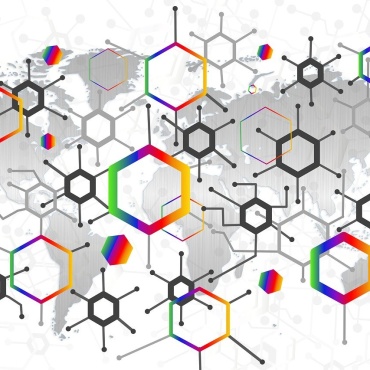Turkish LGBT activists: More pressure from the EU, equality now
Ulrike Lunacek MEP, Co-president of the LGBT Intergroup, held a lunch debate with LGBT activists in Istanbul on the occasion of the Greens/EFA conference “Turkey in Europe”.
From the 1st to the 2nd November 2010, the Greens/European Free Alliance group held a conference in Istanbul to examine issues surrounding Turkey’s role in the European region, as well as its accession to the European Union. Ulrike Lunacek MEP attended the conference and held a lunchtime debate on LGBT rights in the country.
LGBT rights: a ‘democratic luxury’?
Participants were first shocked to hear comments from Süheyl Batum, from the centre-left opposition Republican People’s Party (CHP), talking about the rights of lesbian, gay, bisexual and transgender people. When asked by Greens/EFA leader Daniel Cohn-Bendit MEP about his party’s position on LGBT rights, he responded that “this freedom” was only achievable in “truly democratic countries”, and that other rights such as those of trade unionists or journalists were more urgent. Mr Batum further said Daniel Cohn-Bendit didn’t “know enough about Turkey”, and needed a “broader view of things”.
This remark was criticised in the next debate with civil society activists, lawyers and academics sitting on the panel, where Ulrike Lunacek responded that LGBT rights cannot be seen as a “democratic luxury”, and asked representatives of human rights associations whether they included LGBT issues in their works.
Lunchtime debate around LGBT rights
LGBT activists from five different organisations throughout Turkey, including the Kurdish region, took part in a lunchtime debate organised by Ulrike Lunacek on the 1st November. They raised a number of issues with the Co-president.
The current government has failed to implement expected anti-discrimination legislation, and does not show interest in meeting with LGBT organisations.
In the constitutional reform process a platform to examine LGBT issues was formed and actively took part in the consultations, but without conclusive results.
Activists feel government shows a “Western face” to the EU, but do not act coherently on the domestic scene. Recently, the Minister for Family Affairs declared that homosexuality was a curable illness; one of her colleagues in government also stated that LGBT people simply cannot be granted equal rights.
A representative of the Justice and Development Party (AKP) at the Conference said that his party was currently discussing LGBT rights, but hadn’t yet defined its position.
Another question was whether the upcoming Equality Institute would cover discrimination on grounds of sexual orientation and gender identity—a particularly acute problem as transgender citizens are randomly arrested, fined, and often mistreated as a result of cross-dressing.
The activists were happy to report that good partnerships existed, especially between LGBT and women’s rights organisations.
Finally, the very high number of transphobic murders remains a serious problem that Turkey will have to deal with prior to its accession. Occurrences of lesbian women committing suicide as a potential disguise for honour killings was also evoked.
Upcoming progress reports
The Intergroup will keep closely monitoring the publication of the 2010 accession progress reports on Turkey, as well as on the two other accession countries, and make sure LGBT-related issues are included prominently in the reports.
Updated at 18:00 CET.







